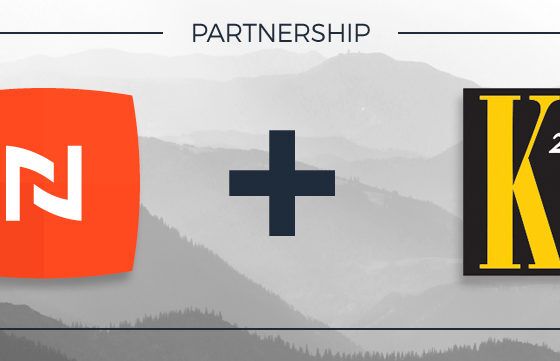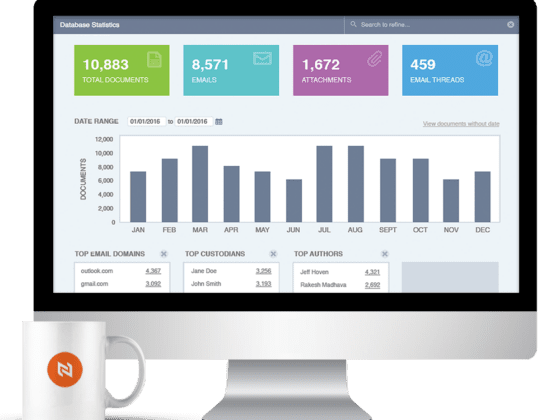Yes, we ripped off that title.
Michael Lewis’ classic sports book Moneyball: The Art of Winning an Unfair Game, has helped popularize the idea that small, feisty organizations can identify inefficiencies in their market in order to compete with better funded competitors.
In Moneyball, it was the underfunded Oakland A’s using advanced metrics that other teams ignored to field a competitive team year after year. We’ve been telling lawyers for years that cloud technology is a game-changing litigation technology that could give any sized firm a huge competitive advantage in litigation.
It seems that idea is finally gaining momentum. In fact, the ABA Journal recently ran at least three articles with the same theme. For example, one story was titled, “Can small firms compete with BigLaw for a fraction of the cost? Yes, if you save on tech, solos say.” Another recent article, Cloud based-Ediscovery Software Can Mean Big Savings for Small Law Firms included a number of benefits associated with going cloud-based ediscovery software:
- No need for software updating
- Best practices are continually updated
- No need for yearlong rollouts
- The return on investment can be very attractive
In the practice of law, lawyers are looking for similar kinds of asymmetrical information and tactics that will help them outfox better funded opponents. Cloud-based ediscovery software is one way to outrun better funded opponents. But it is only part of the story.
Cloud-based Ediscovery Software is Not the Answer
So after that windup, you’re probably surprised to hear us say it, but technology is not the answer. Well, it is the answer, but only part of it. As a legal technology company we obviously believe technology is going to help law firms become more efficient. But it’s still just a part of the equation. Let me illustrate.
Identify the Inefficiencies
The ABA Journal’s current cover story is, “Women are squarely in the picture where law and technology combine.” The article tells the story of several female lawyers who are using technology in innovative ways in their practices.
One, law student Nicole Shanahan, is the founder of ClearAccessIP.
She says of ClearAccessIP, “I am essentially trying to build and democratize a marketplace platform because not all patent holders and sellers can afford the large transaction firms,” she says. “I’m also solving a very old problem and putting docket management in the cloud. We’re … also the first automated platform, so instead of people manually entering things, we’ve created the first way to automate government data directly to users.”
Shanahan could simply use her Internet-age software to lower transactions costs within a law firm. But rather than just changing billing rates, she is looking to use technology to revolutionize existing business models and find better ways to manage client’s information.
It may not generate the same revenue up front that a traditional IP firm can command, but in the long run, Shanahan could see huge returns. Shanahan has attacked the challenges facing IP attorneys on two fronts. On one hand, she is using technology to give patent holders more information so they can track, manage and monetize their assets. Second, Shanahan’s company is upsetting the established order by charging a monthly subscription fee rather than the typical multiyear contracts used by many legal services providers.
At Nextpoint, we support all business models. We have built a technology platform that allows you to charge a lower hourly rate if you choose, but is also flexible enough to let you completely rethink your law practice.
Your data is 100 percent hosted in the cloud, so you can do things that were unimaginable just a few years ago. Produce evidence to opposing counsel instantly, with the click of a button. Do document treatments on an iPad, right in the courtroom. Upload and process documents from your smartphone. It’s up to you to figure out how to that flexibility helps you do more for clients with less overhead.







